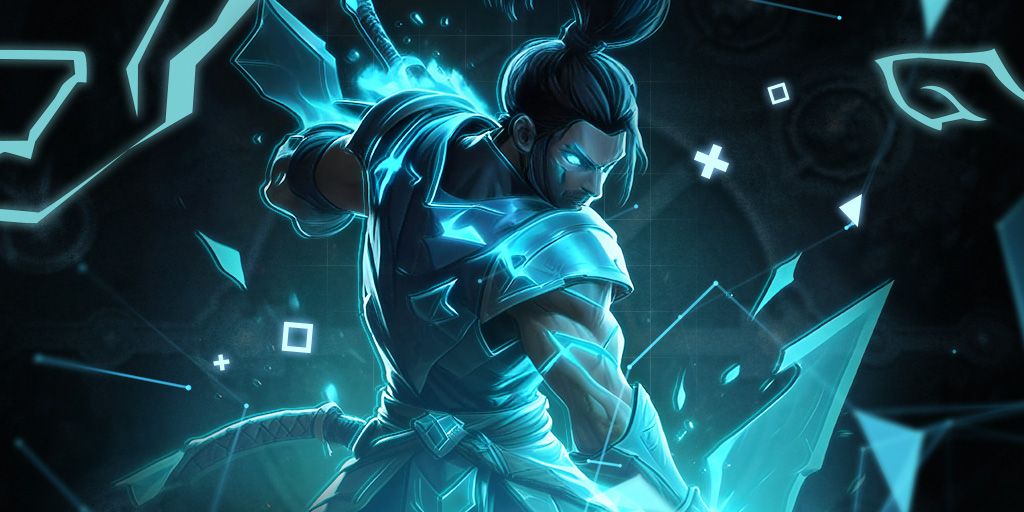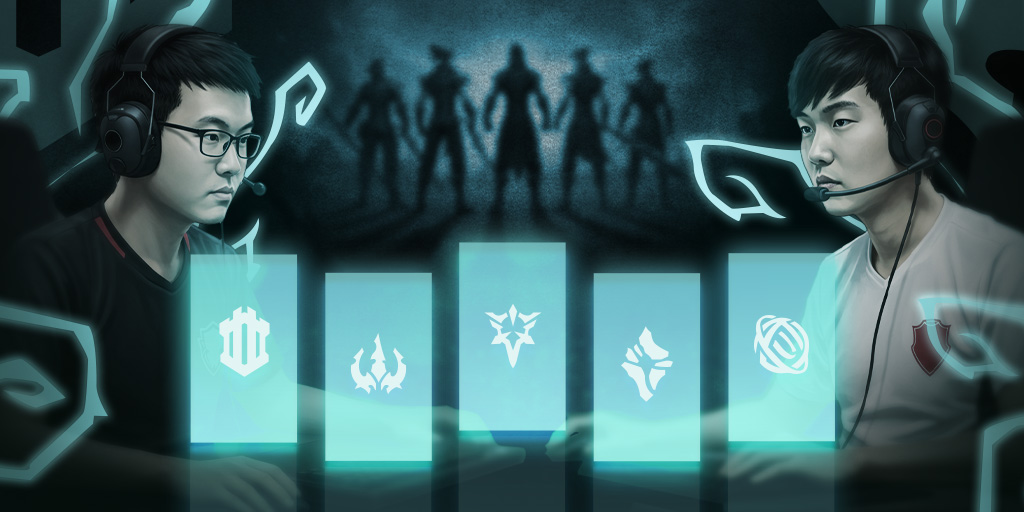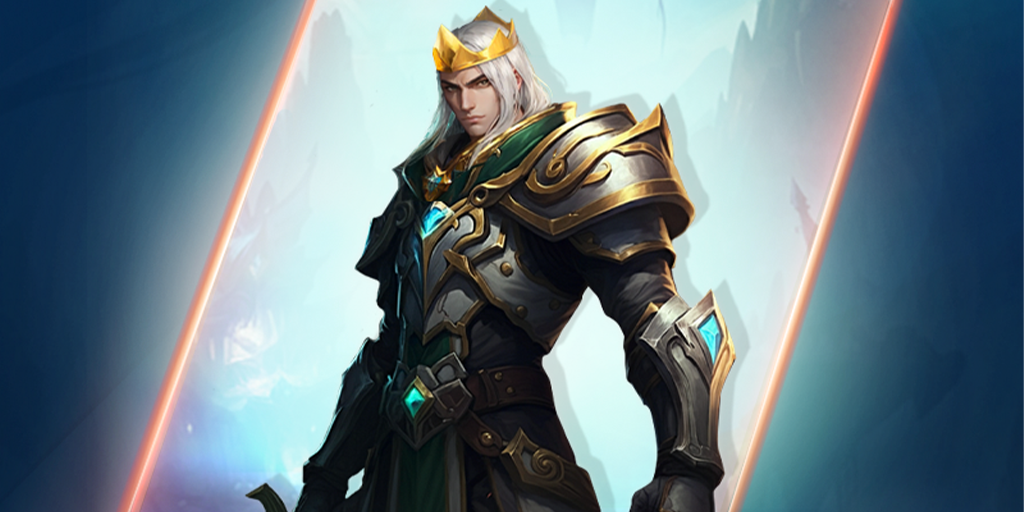Representing the two largest competitive regions in Asia, the LoL Pro League (LPL) and LoL Champions Korea (LCK) have an extensive history in shaping the game at the top level. Read on to find out more.
Since its release in 2009, League of Legends (LoL) has trail blazed a path forward for the esports industry and set an incredibly high bar for other competitive titles to aspire to. Very few games can match the global following the game has garnered with 10 of millions watching the title’s biggest yearly tournament: the LoL World Championships.
Out of the nine iterations of the tournament, eight of the winners have been teams from Asia. One of those was Taiwan’s Taipei Assassins (TPA) while the rest have come from China’s LoL Pro League (LPL) and South Korea’s LoL Champions Korea (LCK). The only other World champion was Fnatic who won in Season 1 before Korea even had their own server.
The LCK and LPL are two of the most successful leagues of all time and are still going strong to this day. Both have relatively similar formats to North America’s LoL Championship Series (LCS) and Europe’s LoL European Championship (LEC) but one major difference is that teams play best-of-three (Bo3) series during the regular season rather than best-of-ones (Bo1s).
What is the LCK?
There was never any doubt of the extremely high potential within the Korean player base but not many could have expected quite the level of dominance that would emerge from the region.
Korea’s server launched at the end of 2011 and by March the following year, broadcasters OnGameNet (OGN) created the country’s first major LoL tournament: The Champions which later (2015) would become the LCK. Summer Split champions Azubu Frost would reach the Worlds final later that year only to fall to TPA.
SKT, now known as T1 are the first and only team to achieve three World Championship titles in League of Legends led by prodigy mid-laner “Faker”.
But from there, Worlds became Korean territory with a spectacular five-year streak of Korean teams being crowned world champion. The first to do so was SK Telecom T1 (SKT) which is now considered the most iconic organisation in LoL history while its star mid-laner and long-term servant Lee “Faker” Sang-hyeok is considered the greatest player of all time.
In 2014, it was the era of the Samsung teams as Samsung White defeated their sister team Samsung Blue in the semi-finals before dominating the final in-front of a home Korean crowd to lift the Summoner’s Cup.
But from there, SKT returned to their best and went on to win the next two World Championships. No team since has managed to win consecutive Worlds title nor match SKT’s total tally of three Summoner’s Cups. In fact, no other team has won it twice.
Both of those triumphs came in all-Korean finals with Koo Tigers and Samsung Galaxy the opponents. It became abundantly clear that South Korea was on a different level to the rest of the world and SKT was, perhaps, on a different planet.
The next Worlds final (2017) would be yet another all-Korean affair with SKT once again present as were Samsung Galaxy. However, this time the result was different. Samsung ended the reign of SKT and did so in style with a convincing 3-0 victory after pushing SKT to five-games a year prior. It was the end of an era. As Faker was bent over in tears, for the first time fans had confirmation he was human after all.
That was a giant turning point in LoL esports as next year, the unthinkable happened. The LCK’s teams collapsed. Gen.G, the rebrand of Samsung, failed to make it out of the groups while KT Rolster and Afreeca Freecs lost in the quarter-finals with the latter being shockingly knocked out by North America’s Cloud9.
The idea of a Korean team not even making the Worlds final, let alone winning the whole thing was unthinkable just a few years ago but that is the current reality.
As LoL became a more fast-paced game with the meta encouraging fighting rather than disciplined, controlled gameplay, Korean teams have struggled. At Worlds last year, SKT returned and put in a strong performance but wasn’t able to reach the final after losing to Europe’s G2 Esports in the semi-finals.
The LCK is in a state of change. Last year, teams like Griffin and DAMWON Gaming showed that a new generation of Korean talent is coming through an all new style. But more importantly, from 2021 onwards the LCK will be franchised like the rest of Riot’s other major leagues (LCS, LEC and LPL) with no relegation which will likely have a major financial impact on Korea’s esports ecosystem.
What is the LPL?
The LPL has been running since 2013 and has produced many legendary teams. The league started with the same format as the LEC and LCS with Bo1s during the regular season but the league was smaller at that time with just eight teams. Since then, the LPL has doubled in size.
The league format finally saw change four-years later in 2017. Taking a page out of the EU LCS’ book at the time, the LPL split its teams into two separate groups following an expansion to 12 competing organisations. By this point the league had switched to playing Bo3s during the regular season but there were bigger changes ahead.
For the 2017 Summer Split, the LPL became the first of Riot Games’ leagues to adopt a franchising model and remove relegation. All 12 teams already in the league had their LPL spots guaranteed but plans were put in place to expand to 14 the following year and potentially 20 in the future. So far, the league has reached a total of 17 squads who all competed in the 2020 Spring Split.
Since franchising the league, six teams have built home venues to host their own games while the rest use an arena in Shanghai to compete.
As for in-game, LPL teams have historically been extremely strong with the likes of OMG, Edward Gaming (EDG) and Star Horn Royal Club (now known as Royal Never Give Up aka RNG) all doing well early on. In fact, the latter reached the Worlds final in both 2013 and 2014 but fell at the final hurdle on both occasions.
After struggling to overcome South Korea internationally, at the end of 2014 many Chinese organisations began to tempt away some of the LCK’s best players with the extravagant contracts, huge fanbases and competitive rosters too tempting to turn down - with so many players jumping ship, that the community began to speak of the Korean Exodus.
Part of that exodus was the entirety of the Samsung White roster who had just lifted the Summoner’s Cup after thrashing RNG 3-0 in the 2014 Worlds final. Yet, the LPL teams still failed to take down their LCK counterparts for a number of years.
The league’s wait for an international trophy finally came to an end in 2018. RNG and one of the greatest ADC’s of all time in Jian “Uzi” Zi-Hao defeated Korea’s Kingzone DragonX to win the Mid Season Invitational but it the Worlds trophy that LPL teams had their eyes on. RNG, despite being favourites at the tournament, fell short at Worlds again after a surprising loss to G2 in the quarter-finals.
However, China’s second-seed Invictus Gaming (IG) remained in the tournament and managed to go all the way, becoming the first team outside of Korea to lift the Summoner’s Cup in five years. The team was spearheaded by Korean duo Kang "TheShy" Seung-lok and Song "Rookie" Eui-jin, the latter of whom had joined IG four years prior during the exodus.
China was finally the strongest LoL region in the world and still is at the time of writing. While IG failed to defend their Worlds title at the 2019 edition of the tournament, FunPlus Phoenix stepped up in the organisation’s first-ever international tournament to lift the trophy and declare to the world that South Korea had officially been dethroned.




